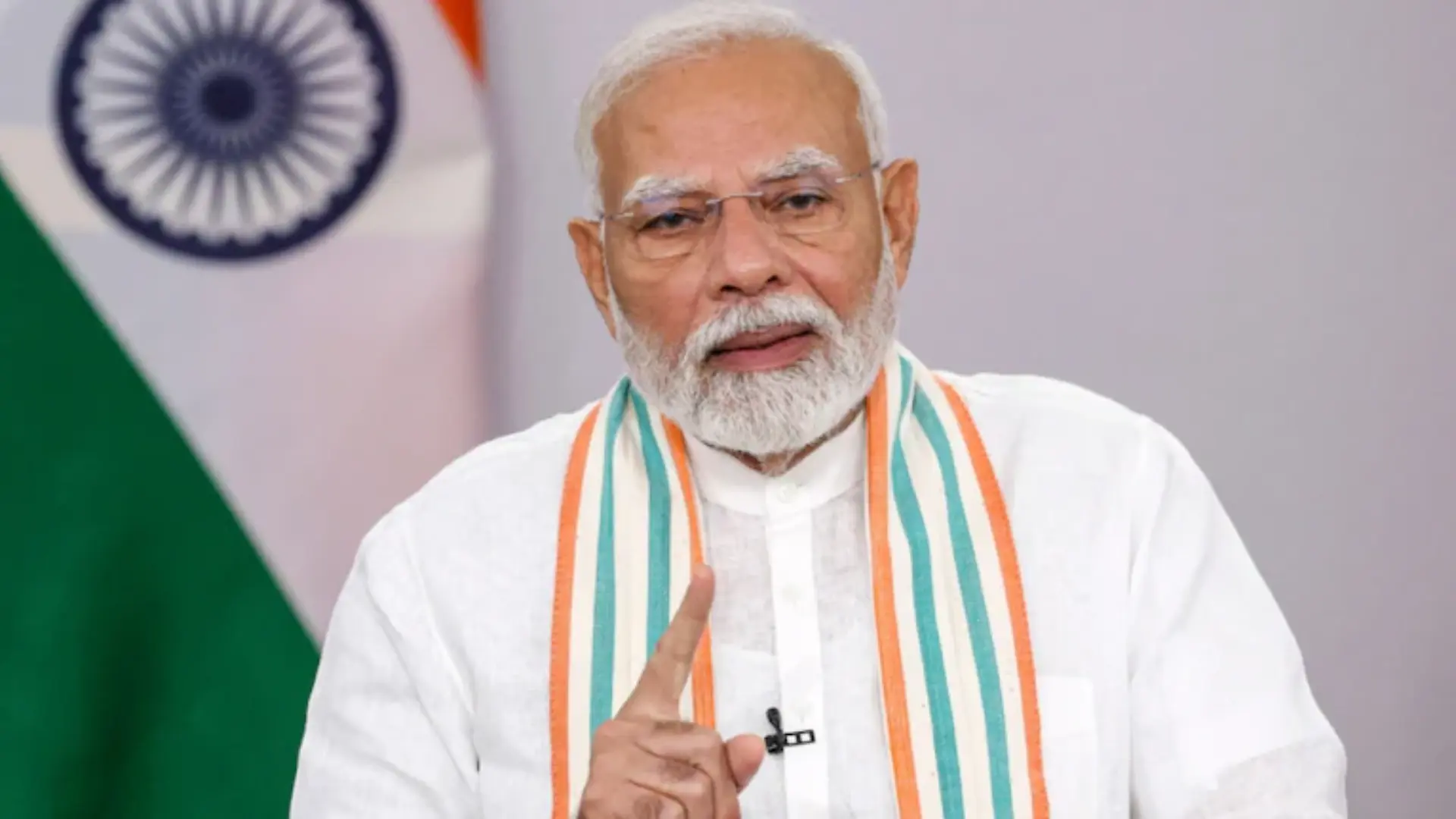Russia’s trade relationship with India has seen remarkable growth, with bilateral trade nearly doubling to $65 billion in 2023. This surge follows India’s increased imports of Russian oil, a shift prompted by Western sanctions imposed on Moscow in 2022 due to the ongoing conflict in Ukraine.
Sberbank’s Positive Outlook
Anatoly Popov, deputy CEO of Russia’s largest lender, Sberbank, highlighted the positive trends in a recent interview. Unlike issues faced with other trade partners, Popov noted that trade and payment processes between Russia and India have been proceeding smoothly. Sberbank, which handles up to 70% of Russia’s exports to India, has reported no significant problems in its operations within India. “Sberbank is a full participant in all Indian payment and interbank systems. There are no restrictions on its operations,” Popov stated.
READ MORE: Indian Diaspora In Brunei Celebrates PM Modi’s Visit
Expanding Financial Operations
Sberbank has responded to the growing interest from Russian businesses in the Indian market by opening accounts in rupees for its clients. Popov mentioned, “We do not rule out the possibility that, in addition to being a means of payment, the rupee may also become a means of savings.” The bank’s branch presence in India has expanded, with offices in Delhi and Mumbai and an IT center in Bangalore. Staff numbers have increased by 150% this year, and there are plans to recruit an additional 300 IT professionals for the Bengaluru hub.
Navigating Sanctions and Trade Efficiency
Despite being under Western sanctions, which prevent Sberbank from conducting transactions in U.S. dollars or euros and using the SWIFT system, the bank has encountered no issues in India. Transactions in roubles and rupees are completing efficiently, with 90% of transactions finalized within a few hours, a notable improvement compared to other trading partners like China.
Addressing the Rupee Surplus Issue
The increase in Indian exports to Russia has alleviated the issue of surplus rupees that had previously hindered trade. According to Popov, “The problem has been solved, there is no rupee surplus any longer.” However, he noted that for trade to remain balanced, India would need to boost its exports to Russia tenfold. An Indian source revealed that the surplus of rupees has now dropped to a “few million dollars.”
Enhancing Trade and Financial Instruments
Popov praised Indian regulators for facilitating operations through rupee-denominated “vostro” accounts, which allow foreign banks to operate within India. He also highlighted the effective functioning of the rouble-rupee conversion mechanism, which does not require third-party currencies for settlement. Additionally, Sberbank is working on expanding its range of hedging instruments and offering rupee-denominated loans to Russian companies at competitive rates.
India’s Economic Self-Sufficiency
Popov emphasized India’s capacity to meet its own needs and fulfill the demands of Russian importers, noting, “India is a self-sufficient, vast economy capable of meeting its own needs. Therefore, any goods that Russia previously imported can be purchased in India.”
This robust trade relationship and operational success underscore the growing economic collaboration between Russia and India, despite the broader geopolitical challenges.
ALSO READ: New UN Tax Treaty Aims To Overhaul Global Tax System And Enhance Cooperation

















